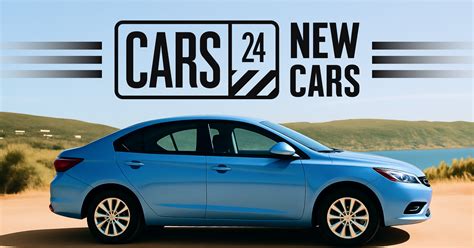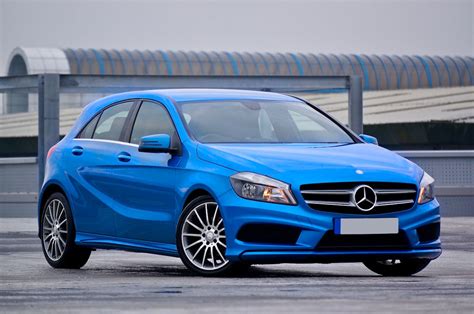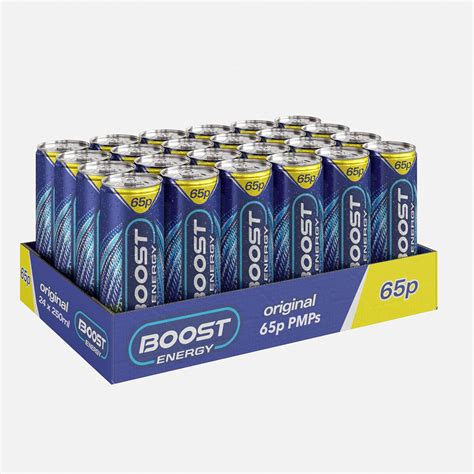Unlock Savings: Why Fuel Efficiency Matters More Than Ever
With fluctuating fuel prices and increasing environmental consciousness, maximizing your car’s fuel efficiency isn’t just a smart move for your wallet; it’s also a step towards a greener planet. Small changes in how you maintain your vehicle and drive can lead to significant savings at the pump over time. Let’s dive into practical, actionable tips that will help you boost your car’s mileage and reduce your carbon footprint.

Mastering Vehicle Maintenance for Peak Performance
A well-maintained car is an efficient car. Neglecting routine service can drastically impact your fuel economy.
Check Your Tire Pressure Regularly
Underinflated tires increase rolling resistance, forcing your engine to work harder and consume more fuel. Check your tire pressure at least once a month and before long trips, ensuring they match the manufacturer’s recommended PSI (found on a sticker inside the driver’s door jamb or in your owner’s manual).
Keep Your Engine Tuned Up
Spark plugs, air filters, and fuel filters all play a crucial role in your engine’s combustion efficiency. A clogged air filter restricts airflow, while worn spark plugs lead to incomplete combustion. Follow your car’s service schedule for tune-ups and filter replacements to ensure your engine is running optimally.
Regular Oil Changes
Using the correct type and viscosity of oil, and changing it regularly, reduces friction in the engine. Less friction means less energy wasted and better fuel economy.
Lighten Your Load
Every extra pound your car carries requires more energy to move. Remove unnecessary items from your trunk and back seats. While seemingly minor, accumulated weight can slightly reduce efficiency.

Adopt Smarter Driving Habits
Your driving style has a profound impact on how much fuel your car consumes. Smooth and conscious driving can be just as effective as maintenance.
Avoid Aggressive Driving
Rapid acceleration, hard braking, and excessive speeding are major fuel guzzlers. Aggressive driving can lower your gas mileage by 15% to 30% at highway speeds and 10% to 40% in stop-and-go traffic. Accelerate gently, brake smoothly, and anticipate traffic flow to maintain momentum.
Observe Speed Limits
Fuel efficiency typically decreases rapidly at speeds above 50 mph (80 km/h). Each 5 mph (8 km/h) you drive over 50 mph is like paying an extra $0.20 per gallon. Stick to posted speed limits, especially on highways, to optimize fuel consumption.
Minimize Idling
An idling engine consumes fuel without moving the car. If you’re going to be stopped for more than 30 seconds (except in traffic), it’s generally more fuel-efficient to turn off your engine and restart it when you’re ready to go. Modern cars with start/stop technology do this automatically.
Plan Your Trips
Combining multiple errands into one trip reduces the distance you drive and allows your engine to operate at its most efficient temperature for longer. Use navigation apps to find the most efficient routes and avoid heavy traffic.

Aerodynamics and Other Influences
Beyond maintenance and driving style, external factors can also play a role.
Use Air Conditioning Wisely
Using the air conditioner puts extra load on the engine, increasing fuel consumption. At lower speeds, opening your windows might be more efficient. However, at highway speeds, open windows create aerodynamic drag that can consume more fuel than running the AC. Use your judgment.
Remove Roof Racks When Not in Use
Roof racks, especially empty ones, create significant aerodynamic drag, which can reduce fuel economy by 5% to 25%. If you’re not using them, take them off.
Consider Fuel Quality (to a point)
While premium fuel is only necessary if your car’s manufacturer specifically recommends it, ensuring you buy quality fuel from reputable stations can prevent engine issues that might indirectly impact efficiency over time. Using higher octane fuel than required offers no benefit and is a waste of money.

Your Journey to Better Fuel Economy
Improving your car’s fuel efficiency is a continuous process that involves a combination of diligent maintenance and mindful driving habits. By implementing these practical tips, you’ll not only save money at the gas pump but also extend the life of your vehicle and contribute to a healthier environment. Start small, be consistent, and watch your mileage improve!




